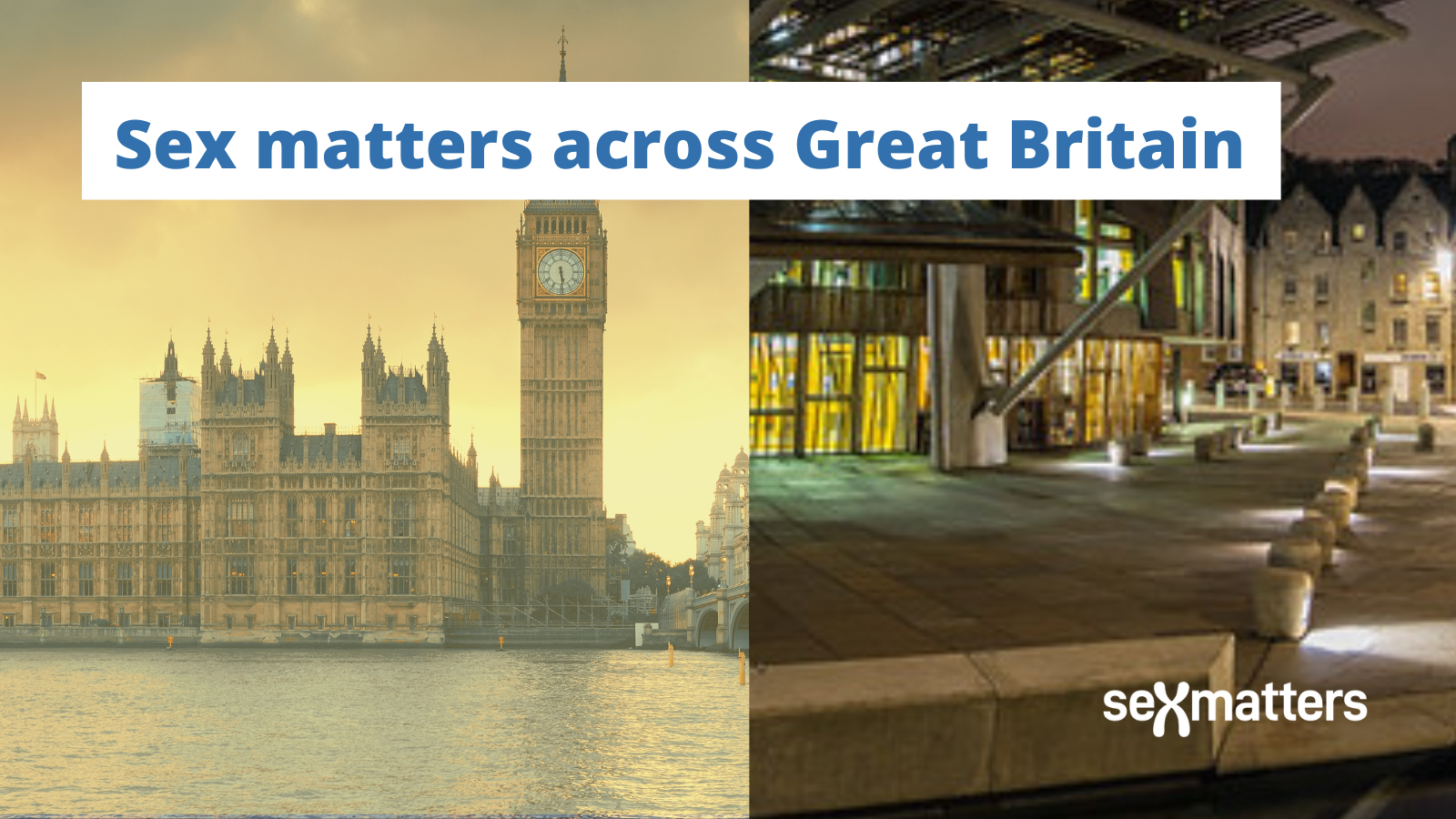Statement on the UK government’s decision to block the Gender Recognition Reform (Scotland) Bill

We are very pleased that the Prime Minister and the Secretary of State for Scotland have decided to use their constitutional powers to stop the Gender Recognition Reform (Scotland) Bill from going to royal assent.
As we wrote in our briefing on the Bill and its implications for the UK this legislation would affect the whole of the UK and would radically change the basis on which people can change their legal sex. It would have knock-on effects for the Equality Act, for freedom of speech, for safeguarding and for the operation of schools, prisons and single-sex services.
People with concerns about the Bill, and in particular its implications for women’s rights and child safeguarding, have been highlighting its problems since the beginning and have not been listened to by the Scottish government.
There is no evidence that the existing gender recognition process is long, slow, humiliating or onerous, in fact 95% of those who apply receive a certificate. However as we said in our response to the consultation on the Bill there is no reason why people who do not meet the criteria set out in the Gender Recognition Act 2004 should be given gender recognition certificates.
Protecting the human rights of people who identify as transgender should not come at the expense of protecting everyone else’s rights, and that depends on having a robust and clear system for recording and considering sex wherever sex matters, such as in anti-discrimination laws, single-sex services and associations and sport, as well as in due diligence in relation to vulnerable people and safeguarding.
The ability to speak truthfully about a basic fact of life should also not be undermined. This is a fundamental aspect of freedom of speech.
Last week over 3,400 of our supporters wrote to their MPs asking them to urge Alister Jack to take action, and reminding them that the Gender Recognition Act was brought in in 2004 to solve a particular problem for a particular group of people. It remains compliant with European human-rights commitments under Article 8, which protects the right to privacy.
We applaud this government for not being bullied by Stonewall, and we hope that it will further consider clarifying the relationship between the Equality Act and the Gender Recognition Act.
We look forward to reading the contents of the Section 35 order and will then comment further.
